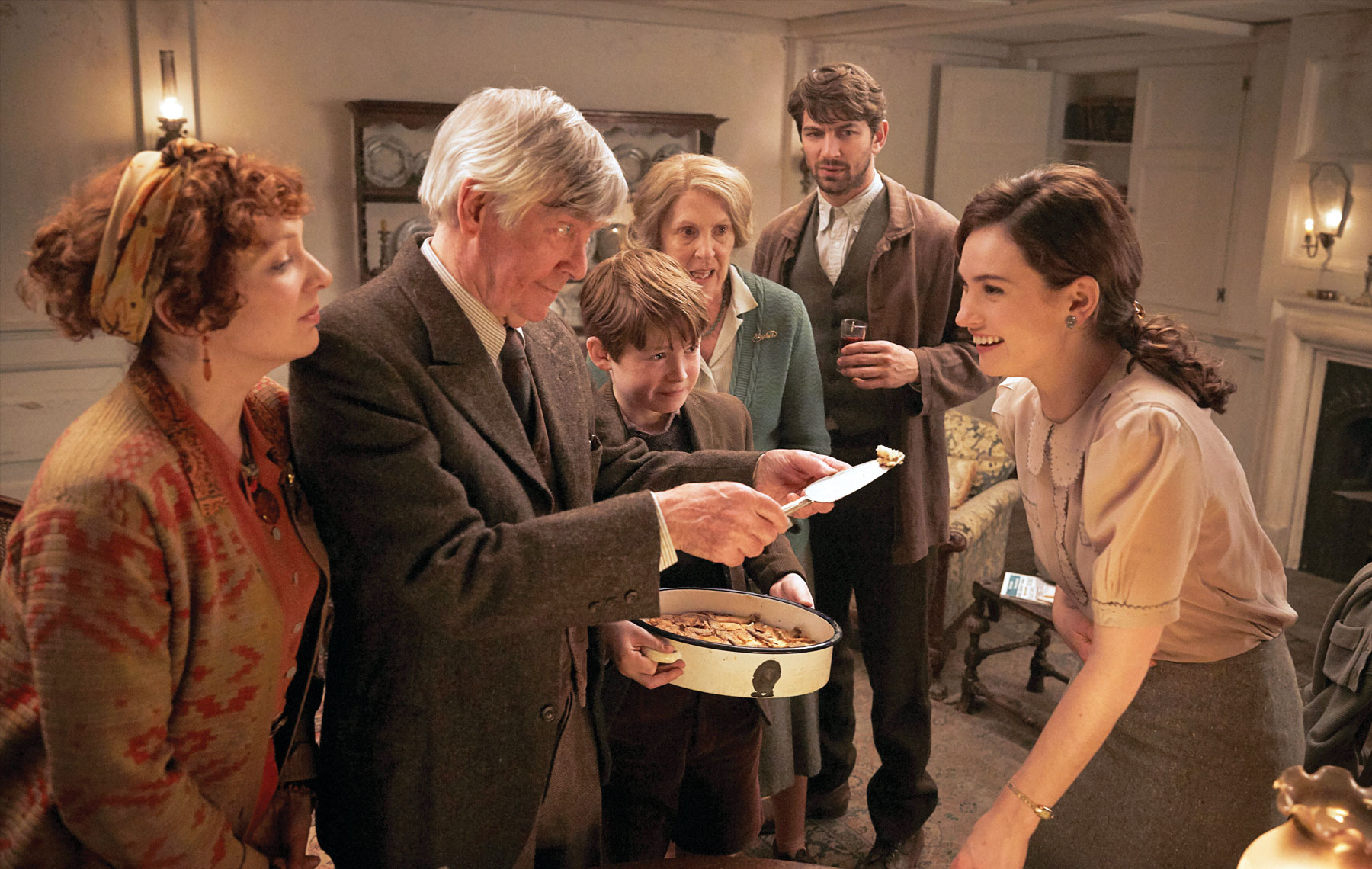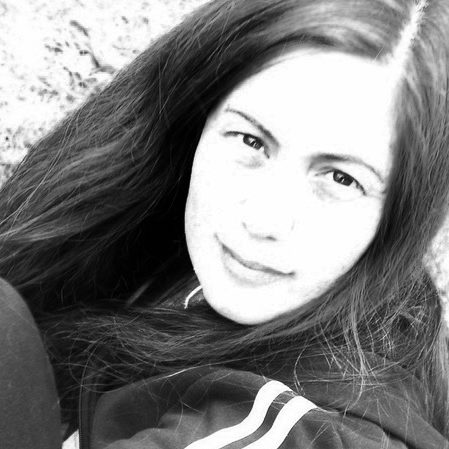 Photo curtsey of Netflix
Photo curtsey of Netflix The title may be difficult to remember or even say in the correct order, but the movie “The Guernsey Literary and Potato Peel Pie Society,” based on the book of the same cumbersome name, has become a sleeper hit.
Released on Netflix in early August, the film, set in 1946, tells the story of Juliet Ashton (actress Lily James), a London-based writer who travels to the island of Guernsey in the English Channel to meet a group of locals after learning about a book club (the aforementioned Guernsey Literary and Potato Peel Pie Society), they formed when the island was occupied by the Germans during World War II.
Published in 2008, the book was written by Mary Ann Shaffer and her niece Annie Barrows. At Shaffer’s request, Barrows took on editorial revisions requested by the publisher when Shaffer became ill. Shaffer died in early 2008. The book went on to rank No. 1 on The New York Times bestseller list.
But it was in 2007 when Santa Monica film producer Paula Mazur read a copy of the book’s galley proof and immediately knew she wanted to make it into a film.
Mazur was fresh off a major box-office success with “Nim’s Island,” starring Jodie Foster and Abigail Breslin, when she was introduced to Miami-based independent bookseller Mitch Kaplan.
“I always work from plays and books to screen primarily,” Mazur told the Journal in a telephone interview, “and [Kaplan] sent me [the Guernsey galley]. I fell in love with it. I could see the movie and knew how to get it made.”
Together, Mazur and Kaplan — who now run a production company, The Mazur/Kaplan Company — optioned the book nine months before it even hit bookshelves. However, the wheels of the moviemaking process grind slowly. While Studio Canal eventually bought the film, “we went through three or four financiers, four directors and seven leading ladies,” before James took on the role of Ashton and Mike Newell agreed to be the director, Mazur said.
Mazur said it was fortuitous that James eventually landed the role. Nobody could have known that the actress would become a major star in the last couple of years, with roles in “Downton Abbey,” “Cinderella,” “Mamma Mia,” “Baby Driver” and “The Darkest Hour.”
“I’m so thrilled it’s Lily,” Mazur said. “She just embodied Juliet in the best way. She’s an absolutely beautiful specimen of humankind, and yet she’s accessible. There’s a little bit of every woman in her. She represents us all looking for our authentic self and asking, ‘How can I live my most authentic life?’ ”
Mazur said she was drawn to “Guernsey” for several reasons. “It’s an epistolary novel — a novel of letters — and the voices of the individual characters were so incredibly specific and well drawn, that I kind of fell in love with everybody in the book,” she said. “I thought, ‘I can so see these people and would love to watch them on the screen.’ ”
Mazur was also interested in being able to tell a WWII story that hadn’t been told before. “This [story] had a lot of romance and breadth and history, and yet it was this incredibly personal story of transformation for Juliet and also about what is family and what is community, which is what the [Guernsey Literary and Potato Peel Pie] Society was.”
Mazur, a member of the IKAR congregation in Los Angeles, said she was struck by the book’s story of how people come together to get through extremely difficult, dark times. “It’s through community,” she said, “and I feel that this community that we have at IKAR is representative of that. It is a strong community, and our value system is about making the world better and about love and community. I feel like that is in the movie too — that’s what the [Guernsey] Society is.”
Mazur said she also wanted to fulfill a personal mission in making a film set around WWII. “My family was definitely touched by WWII,” she said. “My maternal side [of the family] is from Austria, and they were sent to concentration camps and killed.”
Born and raised in Brooklyn, Mazur said that after the war “New York was holding the remains of European Jewry in its hands. You could feel it everywhere. When we went to buy clothes, my mother would say, ‘Don’t look at the [tattoos] on survivors’ arms.’ ”
For Mazur, a graduate of NYU’s film school, “Guernsey” was an opportunity to answer the part of her that had always asked, ‘How do I feel about [the war]? What do I want to say and not repeat already trodden territory?’ ”
“I like to tell stories that definitely talk about the problem but also offer solutions or hope or a silver lining, and this felt like that for me,” she said. “And there were Jewish people from Guernsey sent to concentration camps. That’s not part of the movie, but it is part of Guernsey’s history.”
Mazur/Kaplan’s immediate past film was 2017’s “The Man Who Invented Christmas,” about Charles Dickens writing “A Christmas Carol.” It starred Dan Stevens and Christopher Plummer and was “made by a bunch of Jews,” Mazur quipped. Next up for her is “All the Bright Places,” starring Elle Fanning in an adaptation of Jennifer Nivens’ young-adult novel about teen depression.
For now, Mazur is enjoying the success of “Guernsey,” which grossed more than $18 million in theaters outside the United States before its Netflix debut.
“I love that it comes back to community,” she said. “It’s really about people who [dealt with] very difficult experiences through this communal experience of a book club, even if it was just for a short while every week — where they could remember their humanity.”























 More news and opinions than at a Shabbat dinner, right in your inbox.
More news and opinions than at a Shabbat dinner, right in your inbox.